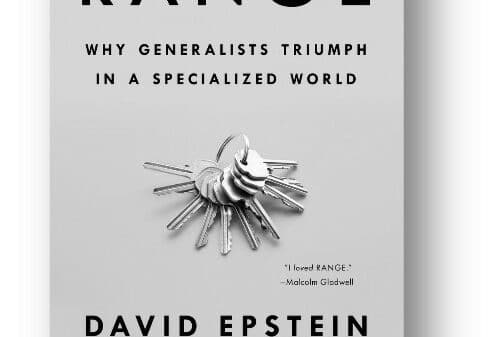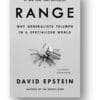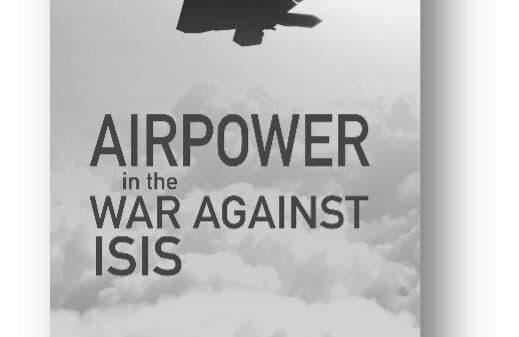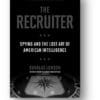ISBN 978-1526758507, Pen & Sword Books, May 2021, 160 pages, $10.50
Reviewed by: Laura Stenger, Joint Special Operations University, Tampa, Florida, USA
Special Forces Interpreter by Eddie Idrees is a firsthand account of the life of an Afghan special forces interpreter. Raised by a father who was a colonel in the Afghan army and a mother who was a university lecturer, Idrees and his family were forced to flee Afghanistan in the early 1990s to Peshawar, Pakistan. The book details Idrees’s journey from a young refugee in Peshawar to working with the world’s premier U.S. Special Operations Forces in the fight against the Taliban in Afghanistan from 2004-2012.
The opening chapter grabs the reader’s attention as Idrees describes one mission performing his “call out” role as an interpreter to coax suspected Taliban to surrender. The men emerge armed with one holding a child—his own daughter, a toddler—as a shield. Snipers kill the armed men; the girl is covered in blood. Idrees, overcome with emotion, runs to her rescue pulling her from under her father’s limp corpse.
In chapter 2, Idrees describes life as a refugee in Pakistan, pursuing an education and studying the English language at his father’s direction. His father was not overly religious but believed “To be good you did good, and a religion, or an interpretation of a religion, that told you to do bad things was a bad religion.” Between his father’s influence and an excellent English teacher, Idrees is given an expanded perspective that would serve him later in the fight against the Taliban.
In chapters 3 and 4, Idrees provides a brief history of the Taliban and firsthand accounts of Taliban brutality—once as an interpreter recounting an experience interrogating a 70-year-old man who had an 11-year-old wife, and the other as a youth witnessing a public execution in the football stadium while visiting extended family in Kabul. He returns to his family and his routine life in Pakistan when the news of his hero Ahmad Shah Massoud, leader of the Northern Alliance, is assassinated by al-Qaeda, and two days later the Twin Towers fall in the United States. Idrees’s yearning to serve his country, to free the country from the oppressive Taliban, begins to burn strong.
In chapter 6, Idrees conveys his desire to liberate Afghanistan from the Taliban to his family and reluctantly they allow him to return, with the rest of the family following soon after. Finding work as part of a construction crew detailed to Bagram Air Base, Idrees creates an opportunity to join the fight. Literally chasing down an American military officer, he announces his desire to be an interpreter. The American officer asks one question “Will you kill Taliban if you see one?” Emphatically, he answers “Yes.”
Chapters 7-11 describe Idrees’s journey as an interpreter, physically and cognitively. Initially, he does so well working with the U.S. military that he is assigned to the Counter Insurgency Academy in Kabul. Then, after some interpersonal challenges arise during his service with the U.S., he shifts to work with the British Special Forces. Both experiences shape his ontology—his perspective on politics and Western culture expands. Firsthand, Idrees experiences the concepts of fairness and impartiality; he observes arguing with logic and reason instead of emotion. Idrees begins to have a vision for his country, but with all this, there comes conflict with his friends and family. His perspective grows while theirs remains fixed. They cannot see what he sees.
On a mission to capture a high-level Taliban—deep into Taliban territory—the team is pinned down after securing the objective. Left behind due to intense fire, the team painstakingly makes its way through a valley and over a ridge line to make way for a new extraction point. In chapter 12, longest chapter in the book, Idrees expertly describes the intensity, bringing the reader along on the mission. Here, the reader will walk away with a sincere appreciation of the impressive abilities Idrees and other skilled interpreters have developed—listening to Taliban communications in one ear, friendly communications in the other, all the while physically hanging out with the best the British Army has to offer.
In chapter 13, Idrees illuminates the spectrum of motives for becoming an Afghan interpreter: an only son looking to support his aging parents; an entrepreneur looking to make enough (in one case millions) to start a business and employ thousands of Afghans; the insurgents whose true colors shown through their destructive actions against U.S. and British forces; and finally, those like Idrees—individuals who believed their country could be stable, free of corruption, and terror. Idrees states, “It was us who stood in the middle between all parties, domestic and international, who fought to contain and defeat the Taliban.”
In chapter 14, Idrees describes a prison break of Afghan soldiers, police officers, and government officials being held by the Taliban. Chapters 15 and 16 layout the role of corruption in preventing progress towards a stable and prosperous Afghanistan. Idrees comes to realize the biggest threat to Afghans comes from his own side. Idrees’s refusal to betray his employers makes his situation untenable; he begins to receive death threats. To keep him safe, he is asked to go to the UK to train soldiers preparing to go to Afghanistan; while there, he makes the decision to stay and seek asylum. Chapter 17 concludes the book with Idrees providing his personal experience as a detainee and his interaction with other Afghan asylum seekers in the UK. With a new country he has a new mission: fighting the battle of the mind.
Idrees brings to life the forgotten and little known “man in the middle,” giving a voice to interpreters who were never recognized—the numbers killed in action were never revealed; the forgotten heroes who played a significant role in the war on terrorism. In the first few chapters, the reader may find themselves a little disoriented regarding the timeline of events, but this is a small distraction. Specific details were omitted, understandably, to protect his identity and safeguard his family. Published in 2021, this firsthand account of life as an Afghan interpreter provides the reader with the unambiguous evidence of the power of education and the expanded independent thinking that goes with it. It is an expose on the human condition, what drive can discover, what education can empower, and what expanded perspective can achieve. Written before the tragic events of August 2021 surrounding the U.S. withdrawal from Afghanistan, the reader cannot help but wonder about the impact on the author. At 146 pages, Special Forces Interpreter is a quick read, but the perspective gained is long-lasting. According to the book, Idrees lives in Britain now and routinely tells immigrant parents to let their children make their own choices and not send them to a mosque to be taught by another “idiot with a beard.”







